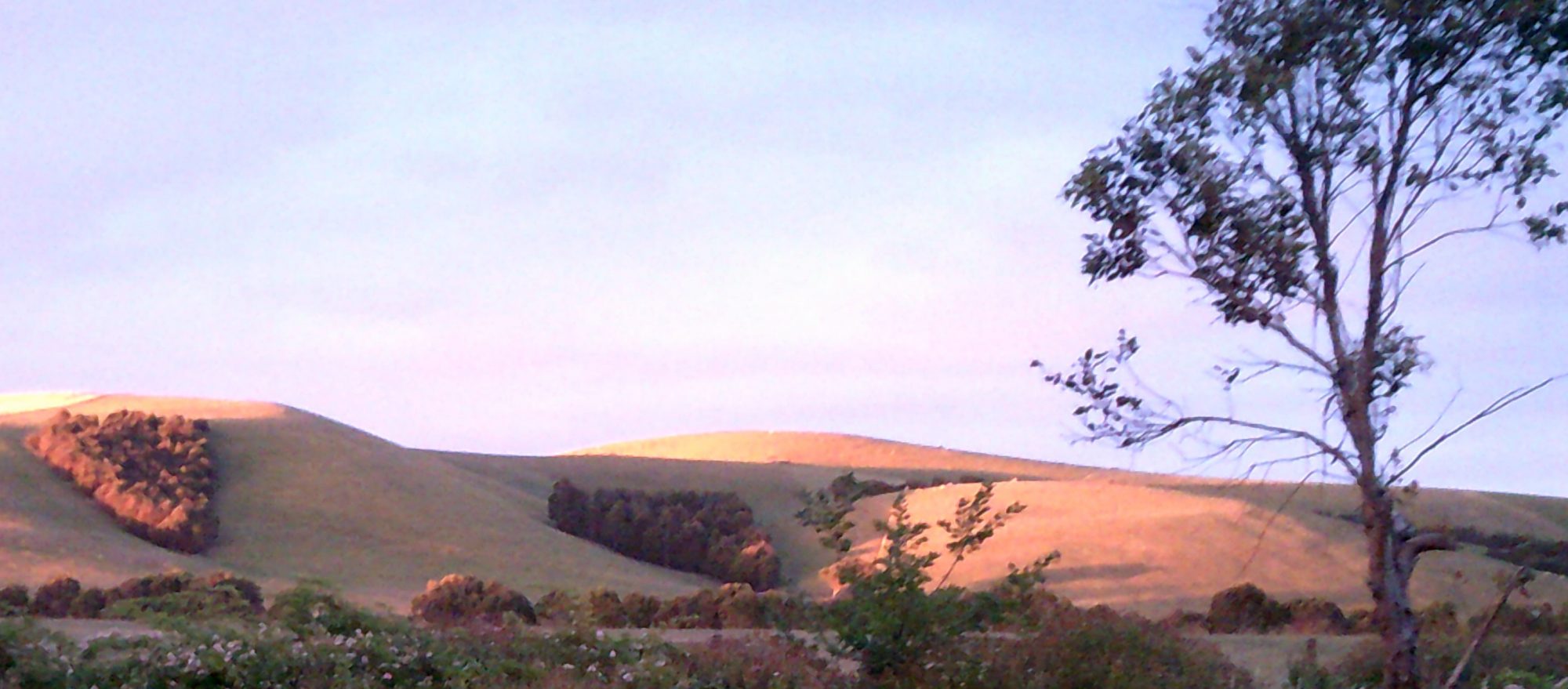I feel well within my field of experience to write on the topic of revolution because many years ago I called myself a revolutionary. As part of a youthful cohort of the 1960s anti-war demonstrations I and my fellow demonstrators were all revolutionaries, a name which may have been adopted, not from the struggle, but from the popular Beatles record that alluded to Revolution.
The fact is revolutions give rise to the same power relations that the Capitalist Revolution gave rise to in the first place, the roots of which were sown in the eighteenth century Enlightenment. The internal logic of capitalism is deeply rooted in modernity and its ideology and the related problems are not just current they are historical.
The trend today, is peaceful protest modelled on the activism of Gandhi and Martin Luther King. The demonstrations however, rarely end in peace. Gandhi’s demonstrations led to the massacre of 400 innocent Indians by the British who sought revenge for the insurgent sit-ins. Martin Luther King, had a vision, but it did not calculate the violence carried out against demonstrating black Americans, which escalated and continues to escalate, rather than being curtailed. Brave leaders are often beguiled by the moments of elation, which seem to far outweigh the human costs. There is a price to pay for protest and while some say these costs are needed for progress, I believe there is a better way.
I am not against peaceful protest we have a democratic right to do so. However, if protesters break the law then they are dismantling the very legal system they need to make the specified changes. When I trained in passive resistance many years ago, we were taught not to provoke the authorities. When asked to move on we moved on. Of course, people came back the next day and the day after, so on and so forth, but civil obedience and the law actually remained in-tact. It was called middle class radicalism, because it made a point without tampering with foundations of the socio-judicial system. Certainly, today those same foundations need to be changed, and they do slowly evolve, but they will not be altered with violent rebellion, on the contrary they are likely to be strengthened by the constant need to justify judicial authority.
I have attended recent protests as an observer and what I have noticed is an increase in violence on both sides. Protesters aim for peace, but when they refuse to move, it allows the police to use reasonable force to shift them. Here is where the violence begins and it ends with numerous people being arrested. There is no sense to this, it simply works in favour of giving the authorities more weapons and more power to use against protesters. Further, while most protest groups aim to cover the cost of court appearances and fines, this also reduces the resources of the campaigners. Many a protest group has been undermined by having resources diminished this way, while others who may have secured government funding, under the democratic principle of having a voice, generally lose it.
As a long-time peace activist, I abhor violence in any form. Violence is not civilized and cannot be passed off as such. We have mechanisms for reform, they might be tedious, but there is a better chance of long-term change via the rule of law than from ongoing civil disruption of society.
The campaigners for civil disobedience today are generally focused on Climate Change. My question here is this, how many campaigners actually work to reduce their carbon footprint when the focus groups are not around? I would guess many do change their lifestyle and many more do not. Similarly, research has shown that many people join protests for the connection not the cause. This is not to say that protesters cannot glean knowledge from other protesters. Nonetheless, ongoing commitment is a hard road to follow.
We live in a mass consumer culture and Climate Change is as much a cultural problem as it is a consumer one. Changing an embedded culture takes time. We have little time to make the changes needed and I accept the limits of truly passive action. It would appear we have two choices. Either, we take responsibility for our own consumption and ethics in relation to the world’s environmental dilemmas or we wait for the entire system to collapse. A positive result requires commitment from everyone at home and abroad. Small steps like recycling plastics can go a long way if everyone participates and there are many more positive ways to help. The mass movement has its place, but we all need to take individual responsibility. Moreover, times are not going to be easy and we need to help others as well. People matter, we should not be putting them at further risk.


 Image: Extinction Rebellion.
Image: Extinction Rebellion.